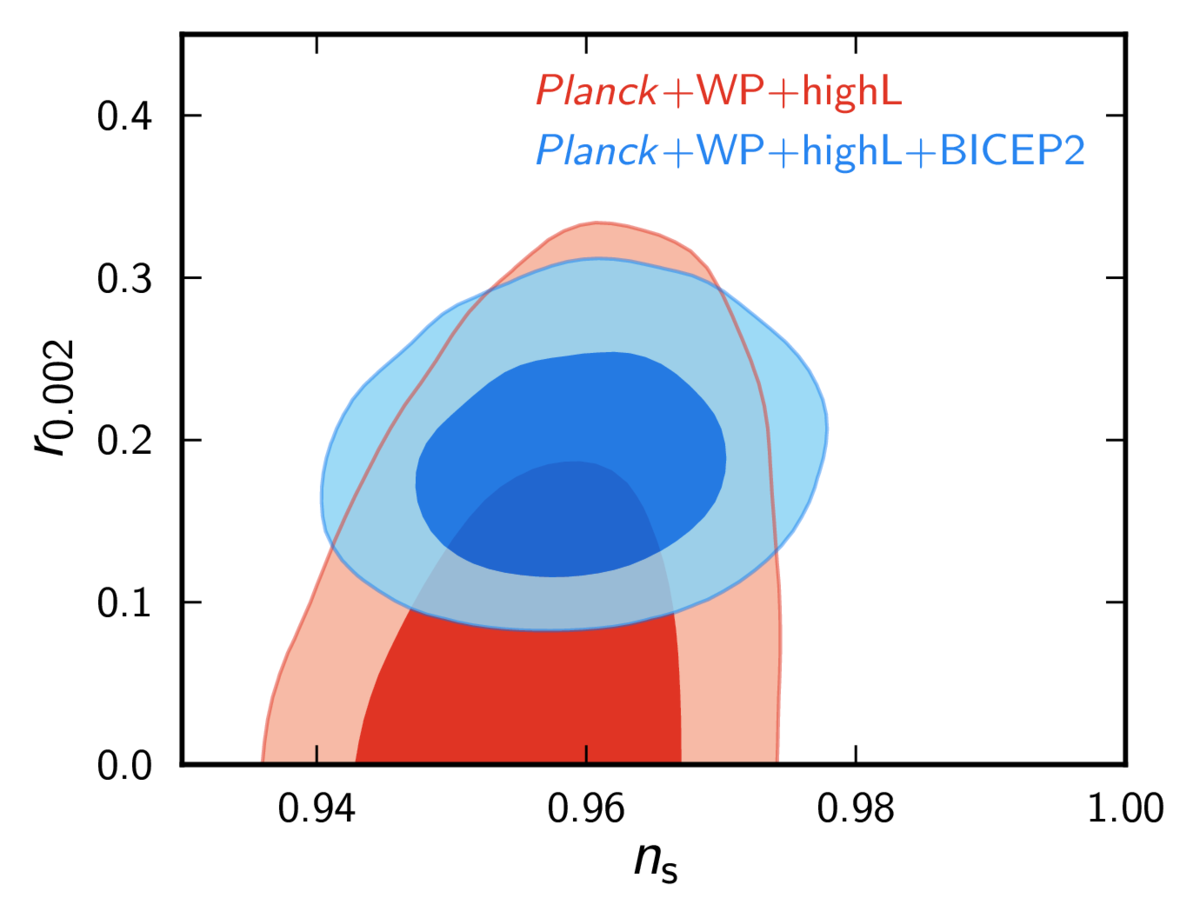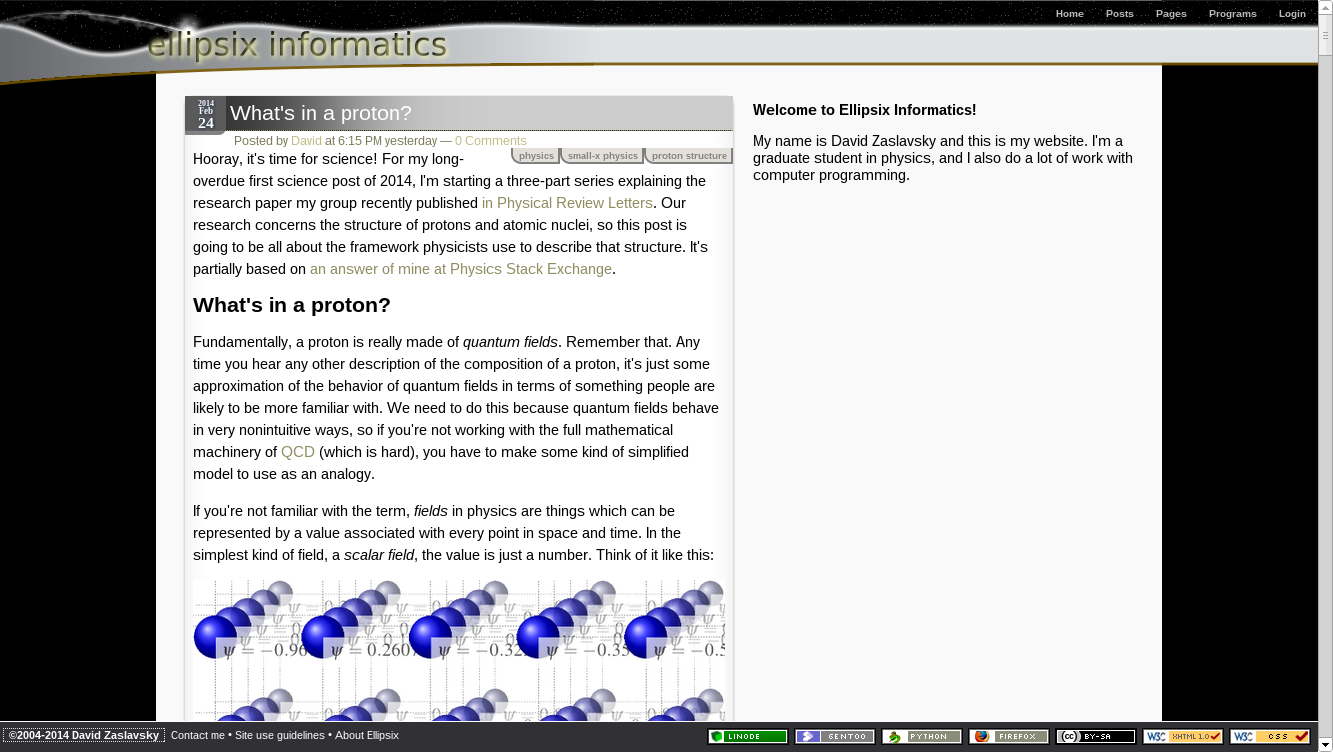Science Online in three words: BEST. CONFERENCE. EVER.
Okay so that sounds like I’m overselling, but I really am having a great time here. Even though it’s my first time attending a Science Online event, I came in immediately feeling welcomed by the community because the attendees cover such a broad spectrum — from journalists to PR specialists to science grad students — united only by a common passion for science communication. Unlike the physics conferences I’ve been to, there’s no pressure to prove myself to the “experts”; in fact, in some sense there are no experts. Sure, some people have more experience with science communication, or at previous Science Online conferences, but there’s definitely a sense that everyone has something to contribute. I had no qualms about speaking up at my very first discussion session. :-)
It has been an intense day though! I had substantive conversations with over 30 people who I had never met as of 24 hours ago. Some of them I already knew through Twitter, though, which was pretty cool — it’s exciting to recognize the faces in the profile pictures. I’ve been building a list of everyone I meet during the …



